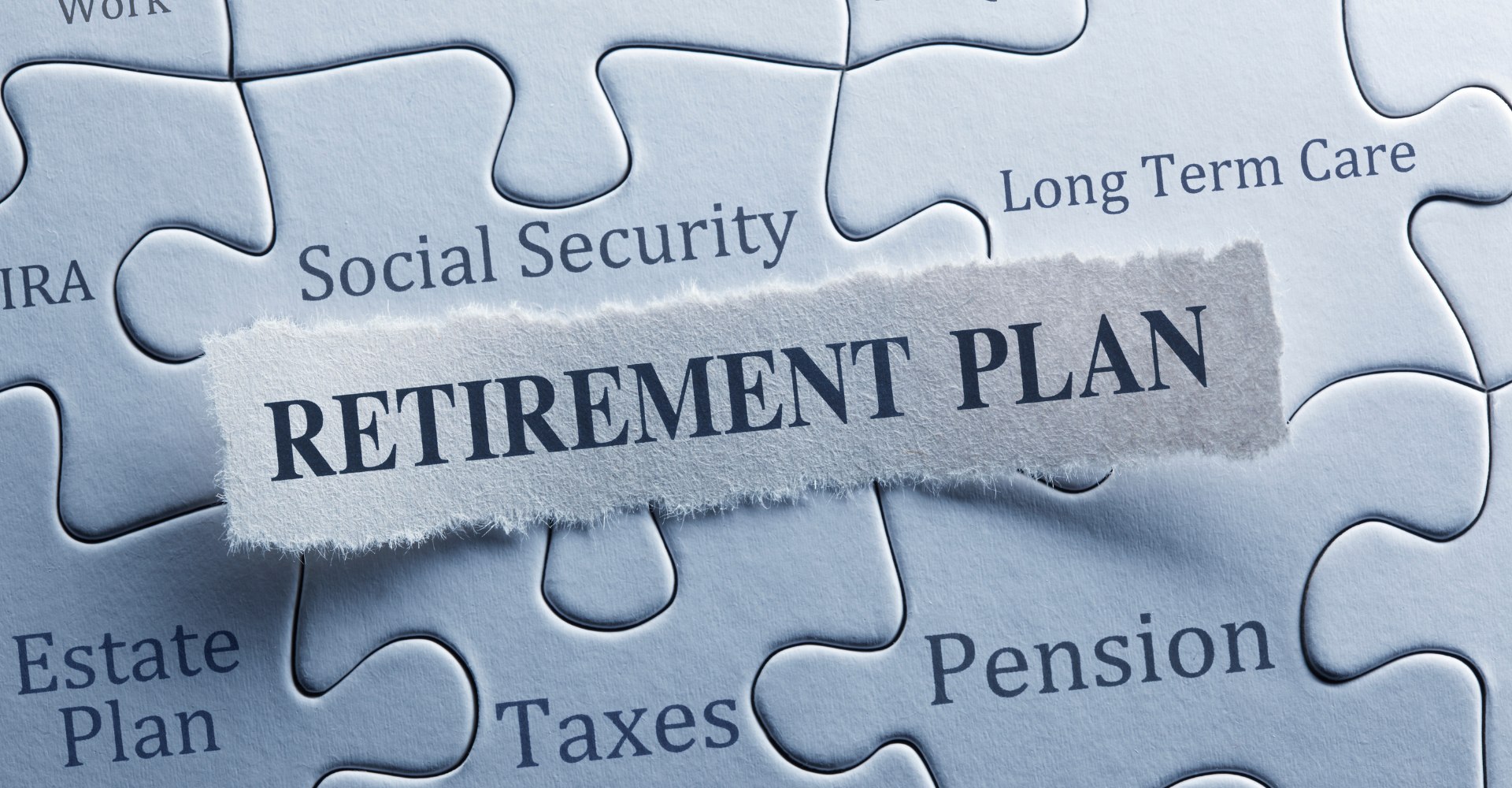Retirement Planning: Securing Your Financial Future
Your Roadmap to a Secure Retirement

Retirement planning is a crucial aspect of financial security. It involves saving and investing money over time to ensure a comfortable lifestyle after you stop working. While it may seem daunting, with proper planning and discipline, you can achieve your retirement goals.
Understanding Your Retirement Needs:
The first step to effective retirement planning is to assess your future financial needs. Consider factors such as:
- Desired Lifestyle: What kind of lifestyle do you envision in retirement? Do you plan to travel extensively, pursue hobbies, or volunteer?
- Healthcare Costs: Factor in potential healthcare costs, as these can significantly impact your retirement expenses.
- Inflation: Account for inflation, as the cost of goods and services tends to rise over time.
- Life Expectancy: Consider your life expectancy and plan accordingly.
- Debt Repayment: Any outstanding debts, such as mortgages or loans, should be factored into your retirement plan.
Key Retirement Savings Vehicles in Canada:
- Registered Retirement Savings Plan (RRSP):
- Tax-Deferred Growth: Investments within an RRSP grow tax-deferred, meaning you only pay taxes when you withdraw the funds.
- Tax Deduction: Contributions to an RRSP are often tax-deductible, reducing your taxable income.
- Government Incentives: Consider taking advantage of government incentives like the Tax-Free Savings Account (TFSA) and the Home Buyers' Plan (HBP).
- Tax-Free Savings Account (TFSA):
- Tax-Free Growth and Withdrawals: Investments within a TFSA grow and can be withdrawn tax-free.
- Flexible Contribution Limits: You can contribute to a TFSA annually, up to a certain limit.
- Group Retirement Plans (GRPs):
- Employer-Sponsored Plans: Many employers offer group retirement plans, such as defined benefit or defined contribution plans.
- Employer Matching: Some employers match employee contributions, boosting your retirement savings.
Strategies for Successful Retirement Planning:
- Start Early: The earlier you start saving, the more time your investments have to grow. Even small, regular contributions can make a significant difference over time.
- Diversify Your Investments: Spread your investments across different asset classes to reduce risk. A diversified portfolio can help protect your savings from market fluctuations.
- Review Your Portfolio Regularly: Monitor your investments and adjust your strategy as needed to align with your financial goals and risk tolerance.
- Consider Professional Advice: Consult with a financial advisor to get personalized advice tailored to your specific needs and circumstances.
- Automate Your Savings: Set up automatic contributions to your retirement accounts. This can help you stay on track and avoid missing contributions.
- Be Patient and Disciplined: Retirement planning is a long-term commitment. Stay focused on your goals and avoid impulsive decisions.
Additional Considerations for Canadian Retirees:
- Government Benefits: Understand the government benefits available to retirees, such as Old Age Security (OAS) and the Canada Pension Plan (CPP).
- Reverse Mortgages: Consider a reverse mortgage as a potential source of income, but be aware of the associated risks and fees.
- Estate Planning: Create a will and power of attorney to ensure your assets are distributed according to your wishes.
- Healthcare Costs: Factor in potential healthcare costs, including long-term care, into your retirement plan.
- Inflation: Account for inflation, as the cost of goods and services tends to rise over time.
- Emergency Fund: Maintain an emergency fund to cover unexpected expenses, such as medical bills or home repairs.
By following these guidelines and seeking professional advice, you can work towards a secure and comfortable retirement. Remember, consistent saving and investing are key to achieving your financial goals.
For more information on retirement planning, consider consulting with a financial advisor or visiting the following websites:
- Government of Canada: https://www.canada.ca/en.html
- Financial Consumer Agency of Canada: https://www.canada.ca/en/financial-consumer-agency.html
- Canadian Securities Administrators: https://www.securities-administrators.ca/
- Investopedia: https://www.investopedia.com/
- The Motley Fool: https://www.fool.ca/
Remember, retirement planning is a journey, not a destination. Stay informed, stay disciplined, and seek professional advice to ensure a secure financial future.










